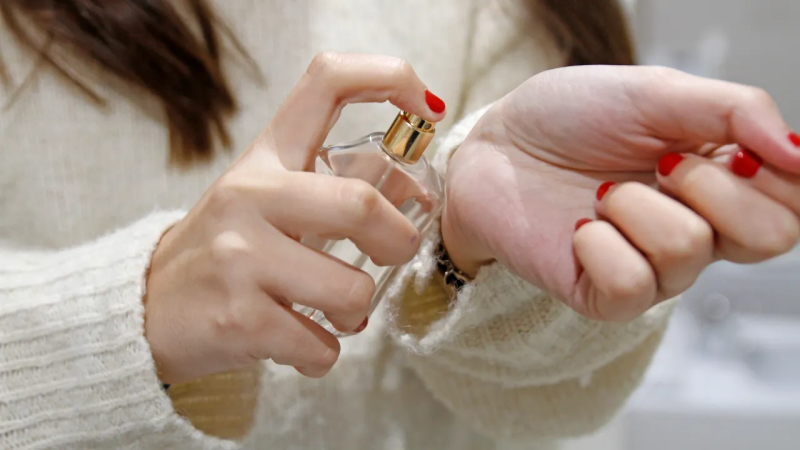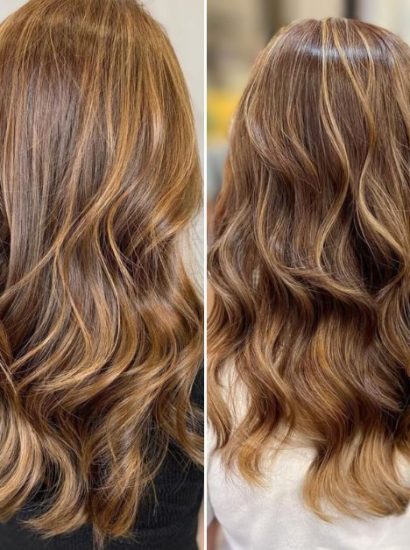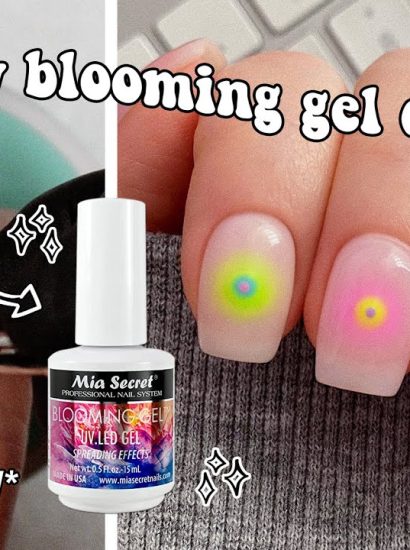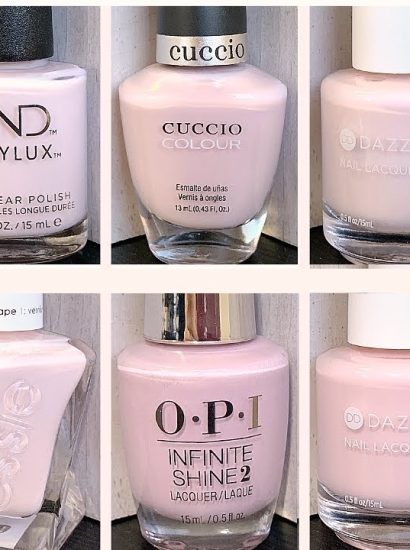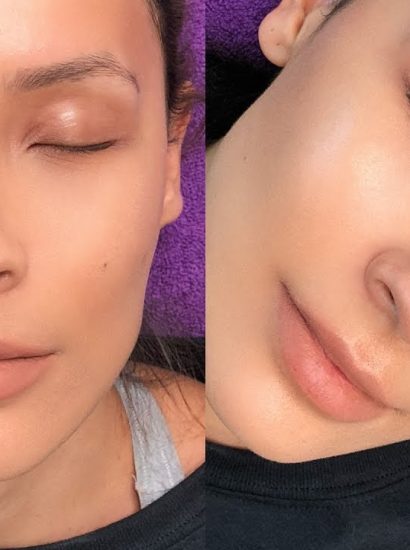Perfume can be timeless — but not literally. Just like skincare and cosmetics, fragrances have a shelf life. Whether you’re holding onto a designer bottle for years or rediscovering a forgotten favorite, you’ve probably wondered, will perfume expire?
The truth is, perfumes can and do expire over time. While some can last for years, others lose their scent, color, or consistency much faster — depending on how they’re stored and what they’re made of.
In this detailed guide, we’ll explore everything you need to know about perfume expiration: how long fragrances last, how to recognize when they’ve gone bad, and expert strategies to preserve their beauty for years to come.
Does Perfume Really Expire?
Yes — perfume absolutely can expire.
Perfumes are made from a delicate balance of natural oils, alcohol, and other ingredients. Over time, exposure to air, light, heat, and humidity can cause the chemical composition to change. This leads to altered scent profiles, discoloration, or even unpleasant odors.
Typically, the question “will perfume expire” depends on factors like:
- Ingredients (natural oils expire faster than synthetic ones)
- Storage conditions
- Frequency of use (air exposure causes oxidation)
On average, most perfumes last between 3 to 5 years when properly stored.
How Long Does Perfume Last Before Expiring?
The shelf life of a perfume varies by formula and quality.
Here’s a general breakdown:
- Eau de Parfum (EDP): Lasts around 4–5 years.
- Eau de Toilette (EDT): Typically lasts 3–4 years due to lower oil concentration.
- Perfume (Parfum/Extrait): Can last up to 6–10 years since it contains more oils and less alcohol.
Perfumes with heavier base notes — like amber, musk, or wood — tend to last longer than light, citrus-based ones.
So if you’ve ever wondered will perfume expire faster if it’s floral or citrus? — yes, those lighter scents do fade and oxidize more quickly.
What Causes Perfume to Expire?
Perfume expiration is primarily caused by oxidation and light exposure.
- Oxidation: When air enters the bottle each time it’s opened, oxygen reacts with the fragrance molecules, breaking them down.
- Light Exposure: UV rays can alter the chemical structure of the perfume, causing discoloration and scent changes.
- Heat and Humidity: High temperatures accelerate evaporation and destabilize the perfume’s oils.
These environmental factors can shorten shelf life dramatically. Storing your fragrances correctly can delay this process significantly.
Signs That Your Perfume Has Expired
You can tell when a perfume has expired through several clear indicators.
If you notice any of these, your perfume is likely past its prime:
- Change in Smell:
The fragrance may smell sour, metallic, or even musty instead of fresh and balanced. - Color Change:
Perfumes may darken over time. A pale yellow turning amber or brown often signals oxidation. - Thicker or Cloudy Texture:
If your perfume looks murky or oily, it’s no longer in good condition. - Shorter Longevity on Skin:
Expired perfume tends to fade quickly after application.
If you’re unsure and wondering will perfume expire even if unopened, the answer is yes — but it takes longer. An unopened bottle stored correctly can last up to 10 years or more.
Will Perfume Expire Faster Once Opened?
Yes — once you open a perfume bottle, you expose it to air, which starts the oxidation process.
Each spray allows oxygen and moisture to enter, slowly breaking down the fragrance compounds. That’s why perfumes used frequently may change faster than unopened bottles.
To minimize this:
- Keep the cap tightly closed after each use.
- Avoid shaking the bottle — it introduces more air bubbles.
- Store it in a cool, dark place (not your bathroom).
Even with the best care, most opened perfumes should be used within 3 to 5 years for best quality.
Can You Still Use Expired Perfume?
If your perfume has expired, the next question is: Is it safe to use?
Generally, expired perfume isn’t dangerous, but it might not smell the same. However, if it has separated, smells rancid, or irritates your skin, it’s best to discard it.
Expired perfume can still be repurposed, though! Try these creative ideas:
- Room spray: Lightly mist fabrics or curtains.
- Drawer freshener: Spray on cotton balls and place them in drawers.
- Decorative keepsake: Keep pretty bottles as part of your vanity display.
When in doubt, test the fragrance on your wrist. If it smells off or causes irritation, it’s time to say goodbye.
How to Make Perfume Last Longer
You can’t stop perfume from aging forever, but you can definitely slow it down.
Pro tips to extend your perfume’s shelf life:
- Store it in a cool, dark place — avoid sunlight and heat.
- Keep it in its original box for extra protection.
- Avoid bathroom storage — humidity speeds up degradation.
- Minimize air exposure by tightening the cap after every use.
- Don’t shake your perfume — agitation increases oxidation.
If you follow these steps, you can add years to your perfume’s life and keep it smelling just as enchanting as the day you bought it.
How Temperature Affects Perfume Shelf Life
Temperature is one of the biggest factors influencing will perfume expire timelines.
Heat can cause evaporation and chemical reactions that alter the scent profile. Similarly, cold temperatures can separate the ingredients, especially in natural perfumes.
Ideal storage temperature: around 60–72°F (15–22°C) — similar to a closet or dresser drawer away from windows.
Avoid storing perfume in your car, near radiators, or in bathrooms where temperature fluctuates often.
Does Perfume Expire If It’s Stored Properly?
Even under perfect storage conditions, all perfumes eventually degrade — but slowly.
If kept away from light, heat, and oxygen, many high-quality perfumes can last 7 to 10 years or longer without significant change.
Perfumes with strong base notes (like patchouli, vanilla, or amber) often age gracefully, developing deeper, richer aromas over time.
So while perfume doesn’t last forever, it can age beautifully if cared for properly — much like fine wine.
When to Replace Your Perfume Collection
If you’re a perfume enthusiast with several bottles, it’s easy to lose track of how old they are.
Here’s how to manage your collection:
- Label bottles with the purchase date using a small sticker.
- Prioritize older ones to use first.
- Declutter yearly — check for color, scent, and texture changes.
- Invest in smaller bottles if you switch scents often.
Refreshing your perfume collection ensures you’re always using fragrances at their best quality — and helps you enjoy them before time takes its toll.
Conclusion
So, will perfume expire? Yes — all perfumes have a lifespan. The good news is that with proper care, you can enjoy your favorite scents for many years before they lose their sparkle.
Perfume expiration depends on factors like ingredients, storage, and exposure to light or air. Look for changes in smell, color, and texture — these are the biggest signs it’s time to replace it.
By keeping your bottles sealed, stored in a cool, dark place, and used regularly, you’ll preserve both the fragrance and its emotional connection.
After all, perfumes are memories in a bottle — and with a little care, those memories can last beautifully over time.
FAQs
1. How long does unopened perfume last?
Unopened perfume can last up to 10 years or more if stored in a cool, dark place. Exposure to sunlight or heat can shorten that lifespan.
2. What happens if I use expired perfume?
Usually, nothing harmful — but the scent might be off. However, if it irritates your skin or smells bad, discontinue use immediately.
3. Will perfume expire faster in humid climates?
Yes. Humidity and temperature changes accelerate oxidation and breakdown, so avoid storing perfumes in bathrooms or near windows.
4. Can I refrigerate my perfume to make it last longer?
Yes, refrigeration can help — but ensure the bottle is sealed tightly and kept away from moisture. A wine cooler is ideal.
5. Do natural or organic perfumes expire faster?
Absolutely. Since they lack synthetic stabilizers, natural perfumes typically last 1–2 years before their scent changes noticeably.
Also read: HIFU Singapore 2025 Guide: Latest Innovations, Benefits, Costs & Clinics

